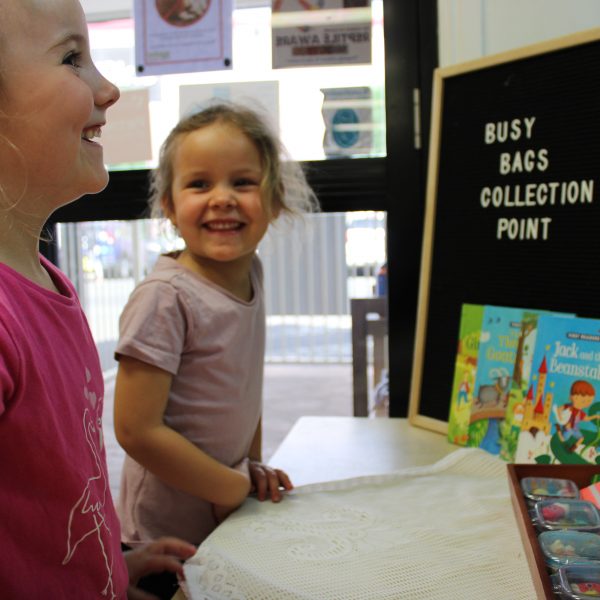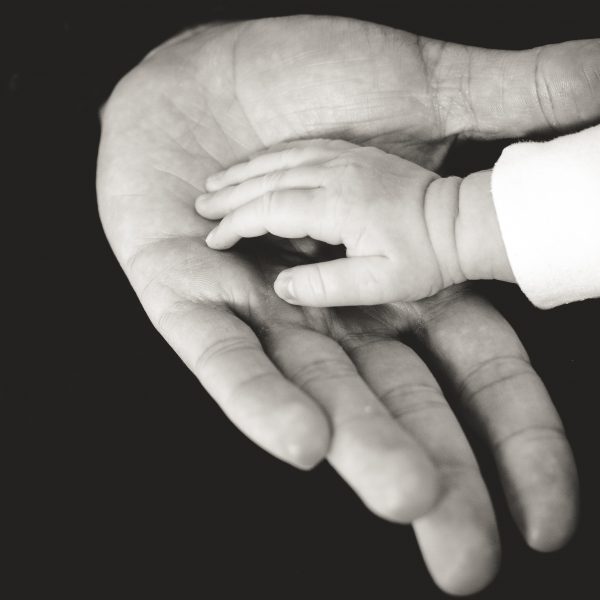Infants exposed to domestic violence have poorer outcomes and lower academic success

Emeritus Professor Linda Bullock has conducted a study into the impact on cognitive development in infants who are exposed to multiple father figures in their early lives, after a transformative experience in her early professional years as a nurse led her to commit to ensuring women living in domestic violence situations are better protected.
While assessing a pregnant woman with premature labor in 1983, Emeritus Professor Bullock noticed bruises on the woman. When she asked what happened, the woman told Bullock a refrigerator had fallen on her while cleaning the kitchen.
“Something didn’t seem right, but I didn’t know what to say at the time. I just went on to the next question of the assessment,” she explained.
“We stopped her labor and sent her home, but I will bet my last dollar I sent her back to an abusive relationship, and it sparked my interest in helping other nurses assist women (living in situations of domestic violence).
“What we didn’t know at the time,” she continued, “was the impact violence had on the baby.”
Bullock helped implement the Domestic Violence Enhanced Perinatal Home Visits (DOVE) program in rural Missouri, which empowered safety planning and reduced domestic violence for hundreds of abused pregnant women. After learning from home health visits that many of the abused women had up to nine different romantic partners during and following pregnancy, she then conducted a study to examine the impact of multiple father figures on the cognitive development of the newborn infants.
After administering neurodevelopmental tests during home visits three, six and 12 months after birth, she was surprised to find the infants of women who had only one male partner who abused them had worse cognitive outcomes compared to infants of women with multiple male partners, only some of whom were abusive.
“The findings highlight the variety of ways the multiple father figures may have been helping the mom support her baby, whether it was providing food, housing, childcare or financial benefits,” she explained.
“For the women with only one partner who abused them, the infant’s father, the father may not have provided any physical or financial support or played an active role in the child’s life. It can be difficult for busy, single moms struggling to make ends meet to provide the toys and stimulation their infants need to reach crucial developmental milestones.”
The study also concluded that infants coming from homes with domestic violence often go on to have worse academic outcomes in school due to neurodevelopmental lags, and are at a higher risk for a variety of health issues, including gastrointestinal distress, trouble eating and sleeping, as well as stress and illness.
“When nurses are visiting homes to check in on pregnant women and their developing babies, we want them to be trained in recognising the warning signs of potential intimate partner violence,” Emeritus Professor Bullock said.
“I still think back to 1983 when I sent that lady back home into a terrible situation, and I am passionate about making sure I can help nurses today not make the same mistake I made.”
Children exposed to intimate partner violence: Impact of multiple father figures was recently published in Maternal Child Health Journal.
Popular

Quality
Practice
Provider
Research
Workforce
Honouring the quiet magic of early childhood
2025-07-11 09:15:00
by Fiona Alston

Practice
Provider
Quality
Research
Workforce
New activity booklet supports everyday conversations to keep children safe
2025-07-10 09:00:16
by Fiona Alston

Quality
Practice
Provider
Workforce
Reclaiming Joy: Why connection, curiosity and care still matter in early childhood education
2025-07-09 10:00:07
by Fiona Alston












